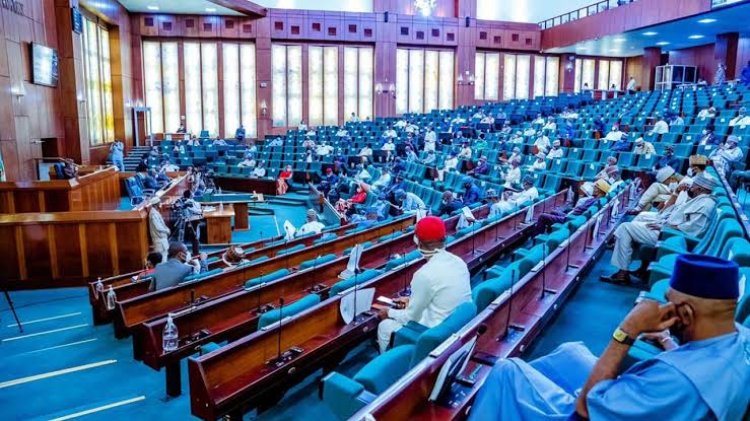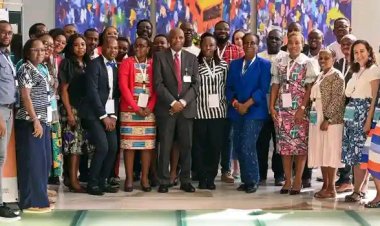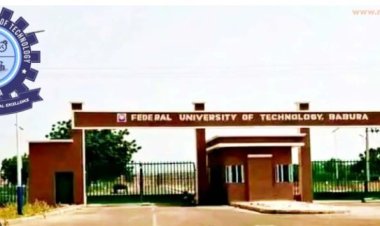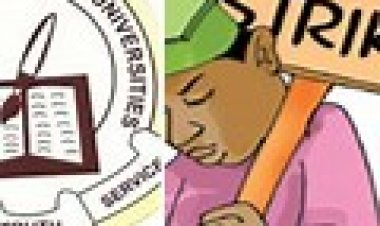Reps Urge Suspension of Nigerian Law School Fees Increase
In response to the motion, the House mandated its Committee on Tertiary Education and Services to investigate the issue and propose solutions within two weeks. Time was emphasized as crucial in addressing the matter.

The House of Representatives has intervened in the recent decision by the Council of Legal Education to increase fees for the Nigerian Law School from N296,000 to N476,000. In a motion moved by Hon. Ginger Owusibe from Abia State and presented by Minority Leader Hon. Kingsley Chinda, the House urged the Council to suspend the fee increment.
Owusibe emphasized the role of the Council of Legal Education in determining the cost of tuition and other services for Nigerian Law School students. He highlighted a significant 60% increase in fees for the 2023/2024 Bar Part II academic session, which commenced in January 2024. The motion expressed concern that prospective students were not given sufficient time to adjust to the new fee structure.
READ ALSO:JAMB Suspends 10,378 Direct Entry Students' Admission Over Failed Verification
The lawmaker warned of potential consequences, stating, "Unless immediate steps are taken to strike a balance between the Council’s need to provide quality services and the prospective students’ abilities to afford an increment, the country will see a high decrease in the number of Nigerian law school students, resultant decrease in the number of lawyers in the next Call to Bar Ceremony, therefore leading to a higher national unemployment rate as those unable to attend law school cannot work as legal practitioners."
In response to the motion, the House mandated its Committee on Tertiary Education and Services to investigate the issue and propose solutions within two weeks. Time was emphasized as crucial in addressing the matter.
RECOMMENDED FOR YOU:FUTMINNA Graduating Student Proposes to Girlfriend During Graduation Ceremony
This intervention by the House of Representatives reflects concerns about the accessibility of legal education in Nigeria and highlights the need for dialogue between stakeholders to ensure equitable access to legal training and the legal profession.




